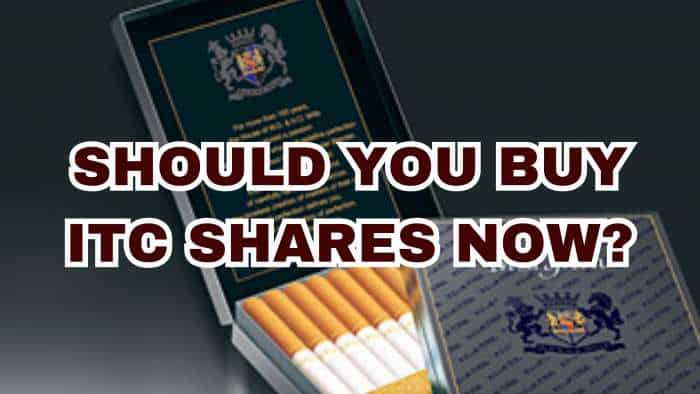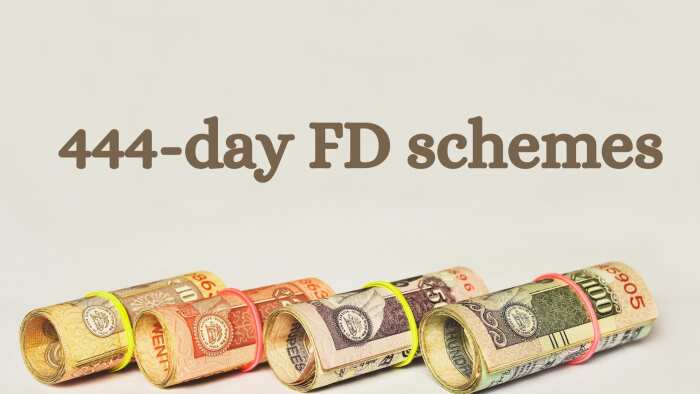Companies can look at voluntary insolvency process to increase productivity, maximise value: IBBI chief
IBBI chief Ravi Mital on Thursday said companies in India have not learnt how to use the insolvency law and pitched for efforts to ensure that more companies opt for the voluntary resolution process to increase productivity.
)
IBBI chief Ravi Mital on Thursday said companies in India have not learnt how to use the insolvency law and pitched for efforts to ensure that more companies opt for the voluntary resolution process to increase productivity.
The Insolvency and Bankruptcy Code (IBC), which provides for a market-linked and time-bound resolution of stressed assets, came into force in 2016.
So far, most of the insolvency resolution processes have been initiated by creditors while in comparison voluntary applications have been less.
Speaking at a conference organised by industry body Assocham and accounting body CPA Australia in the national capital, Mital said creditors have recovered around Rs 3.6 lakh crore has been recovered by creditors under the IBC in the last eight years.
The Insolvency and Bankruptcy Board of India (IBBI) is a key institution in implementing the IBC.
Emphasising that creditor-debtor relationship has changed with the implementation of the Code, Mital said cases involving debts worth Rs 11 lakh crore have been settled even before getting admitted for the insolvency resolution process.
"It is preferrable that companies themselves come into insolvency... That is where we make maximum value, that is where value destruction is the least...," Mital said.
In India, insolvency cases are initiated by creditors against companies.
"In the developed world, most of the applications under insolvency are voluntary applications. In the US, we call it Chapter 11," Mital said.
He also said it means in the US and other developed countries, insolvency is not an adversarial process. In India, it is creditors which file for insolvency resolution process, then it becomes an adversarial process, "I think companies in India have not learnt on how to use insolvency to make (them) more productive... If Assocham wants, IBBI is willing to collaborate to have a discussion with them to see the problems they are facing.
"Why are companies not coming forward? Why are we not getting Section 10 applications? There must be a reason... We are willing to talk to companies... To see if there are problems, roadblocks, we will try to resolve that," Mital said.
Section 10 of the IBC pertains to voluntary insolvency resolution process.
Meanwhile, accounting body CPA Australia in collaboration with Assocham hosted a global summit on 'Accelerated Value Creation for Sustainable Growth: Emerging Cross-Border Trends, Local Issues, and Solutions Ahead.' Reinforcing its commitment to strengthening industry partnerships and knowledge sharing, CPA Australia strengthened its collaboration with Assocham through the signing of a Memorandum of Understanding (MoU) aimed at capacity-building initiatives, and create opportunities for professionals to develop future-ready skills.
The partnership underscores a shared commitment to fostering innovation, supporting professionals in their career growth, and ensuring alignment with global best practices.
"With this partnership with Assocham, we aim to foster innovation, build capabilities, and create opportunities for the next generation of talent," CPA Australia CEO Chris Freeland AM said.
Get Latest Business News, Stock Market Updates and Videos; Check your tax outgo through Income Tax Calculator and save money through our Personal Finance coverage. Check Business Breaking News Live on Zee Business Twitter and Facebook. Subscribe on YouTube.
RECOMMENDED STORIES

Top 7 Mutual Funds With Highest Returns in 3 Years: Rs 100,000 one-time investment in No. 1 scheme has swelled to Rs 2,13,588

8th Pay Commission: Can basic salary limit cross Rs 6.40 lakh mark in new pay commission? Know why it may be possible

Revised New Tax Regime Slabs: Is your annual income Rs 12,90,000? Will you be taxed on Rs 15,000, or Rs 12,9000? Know here
03:57 PM IST










 PLI Scheme for White Goods: 24 Companies selected, Rs 3,516 crore investment committed
PLI Scheme for White Goods: 24 Companies selected, Rs 3,516 crore investment committed IPO boom: Record Rs 1.6 lakh crore raised in 2024; new year to see greater heights
IPO boom: Record Rs 1.6 lakh crore raised in 2024; new year to see greater heights  Companies from 20 countries to participate in Didac India 2024
Companies from 20 countries to participate in Didac India 2024 HDFC Life sees 100 basis points hit on margins from higher surrender value
HDFC Life sees 100 basis points hit on margins from higher surrender value  Stride Ventures aims to enable up to USD 1 billion investment in cleantech
Stride Ventures aims to enable up to USD 1 billion investment in cleantech